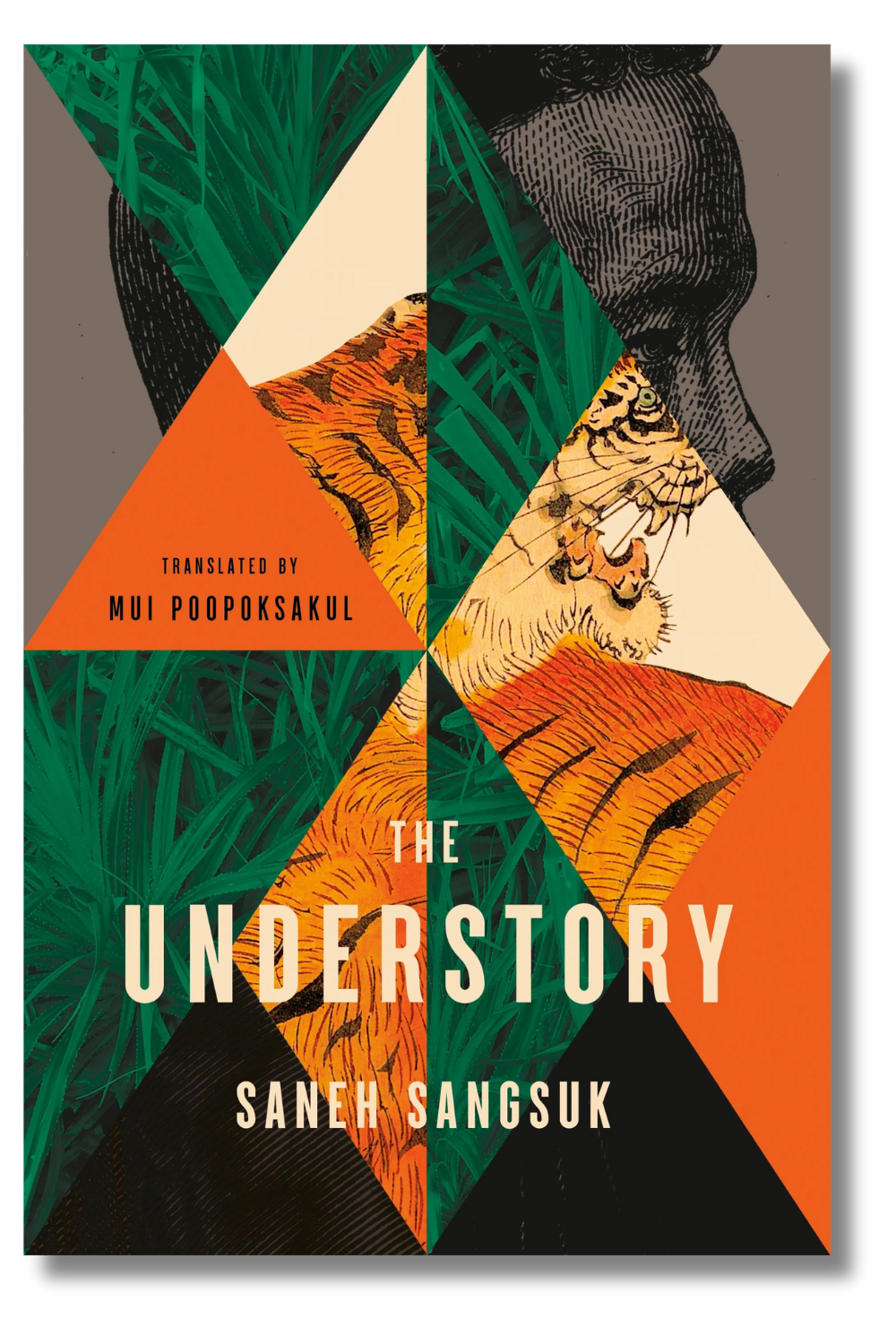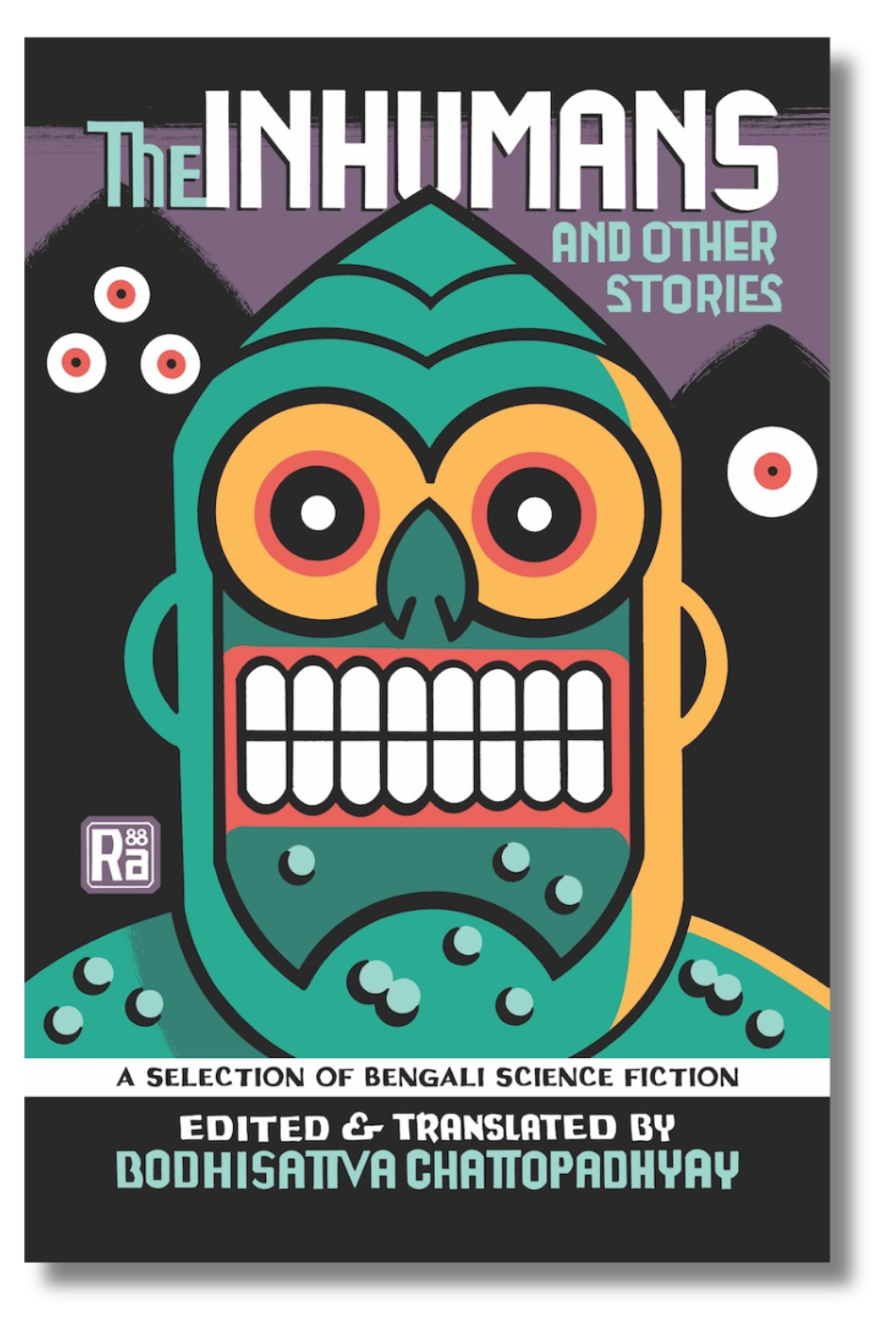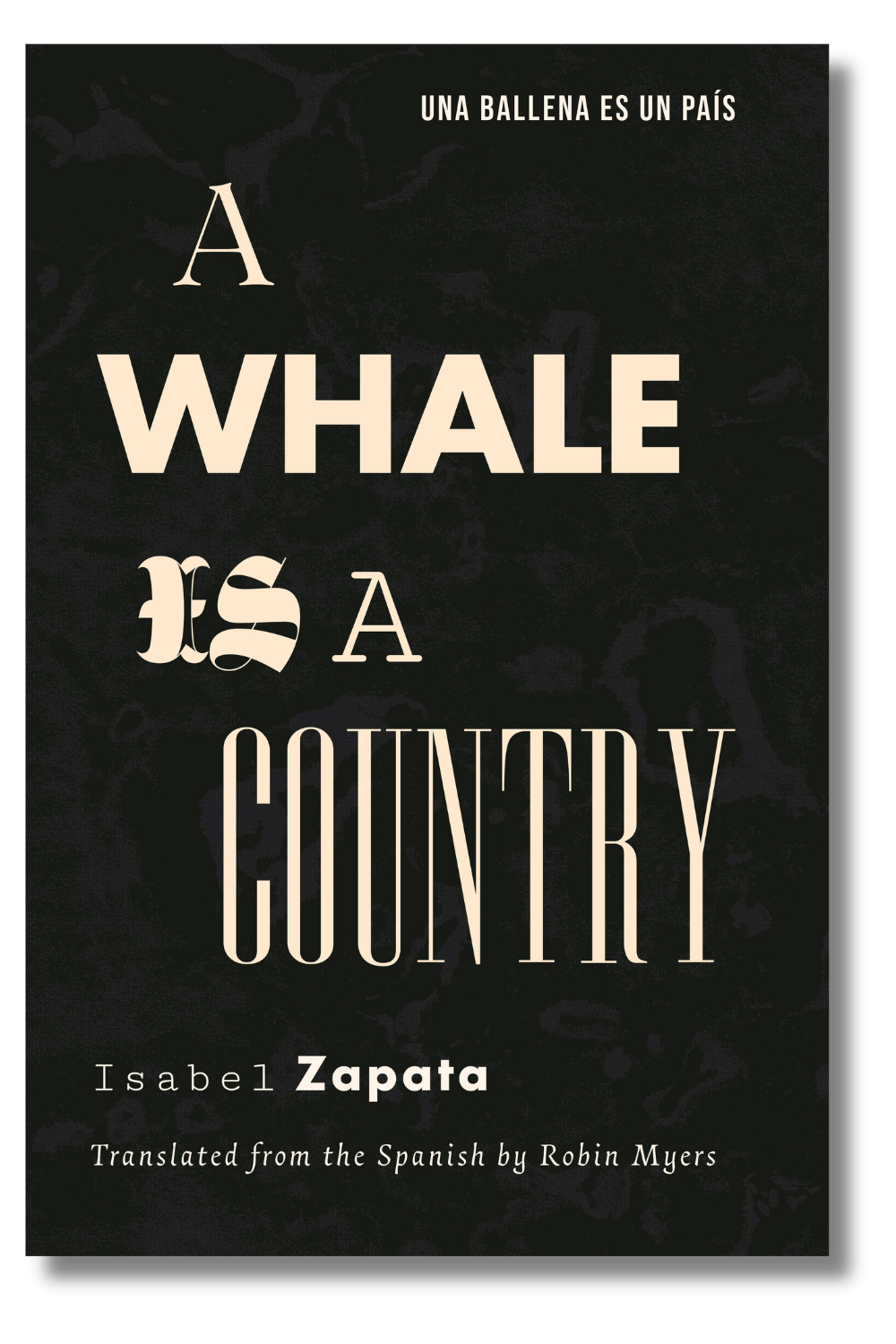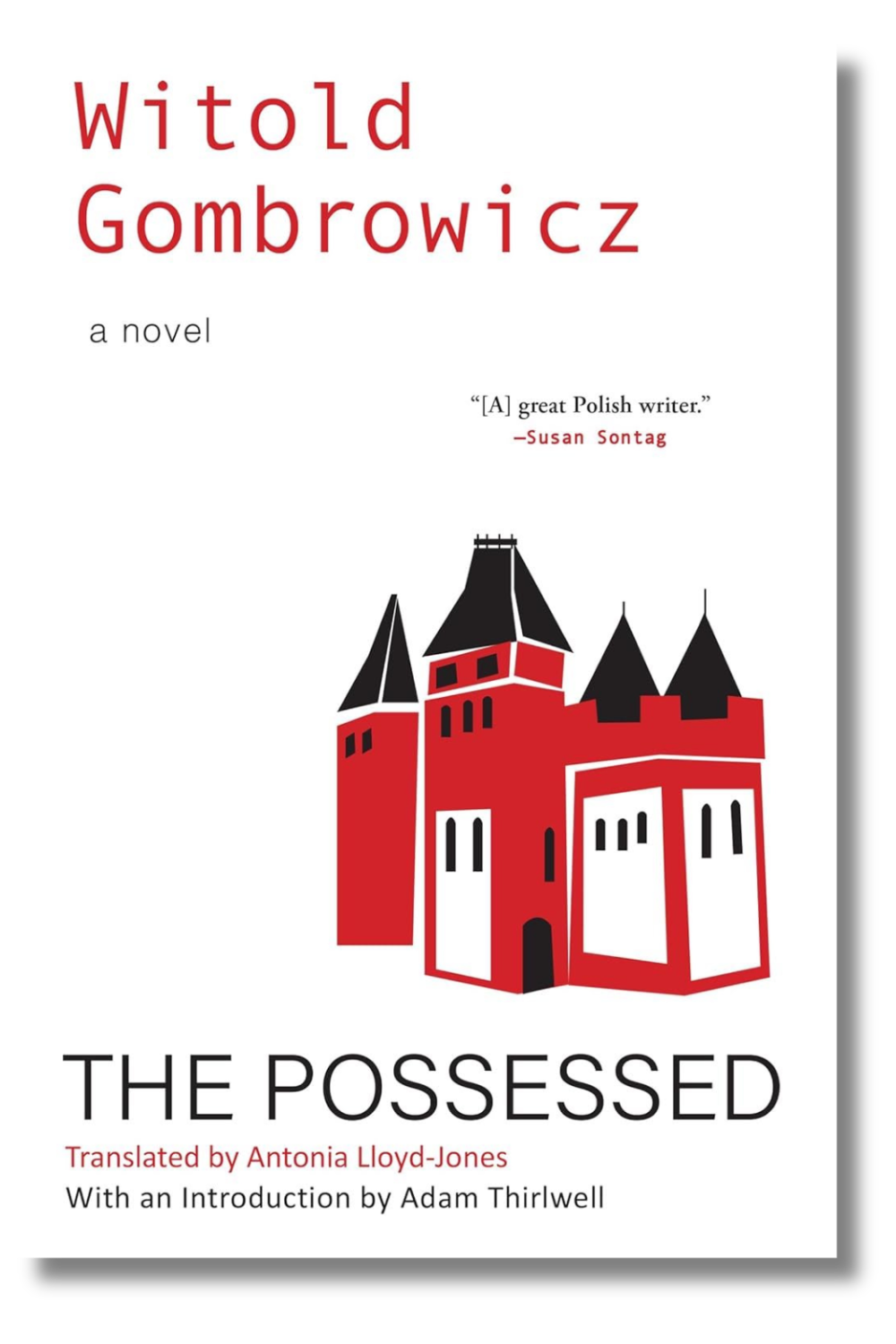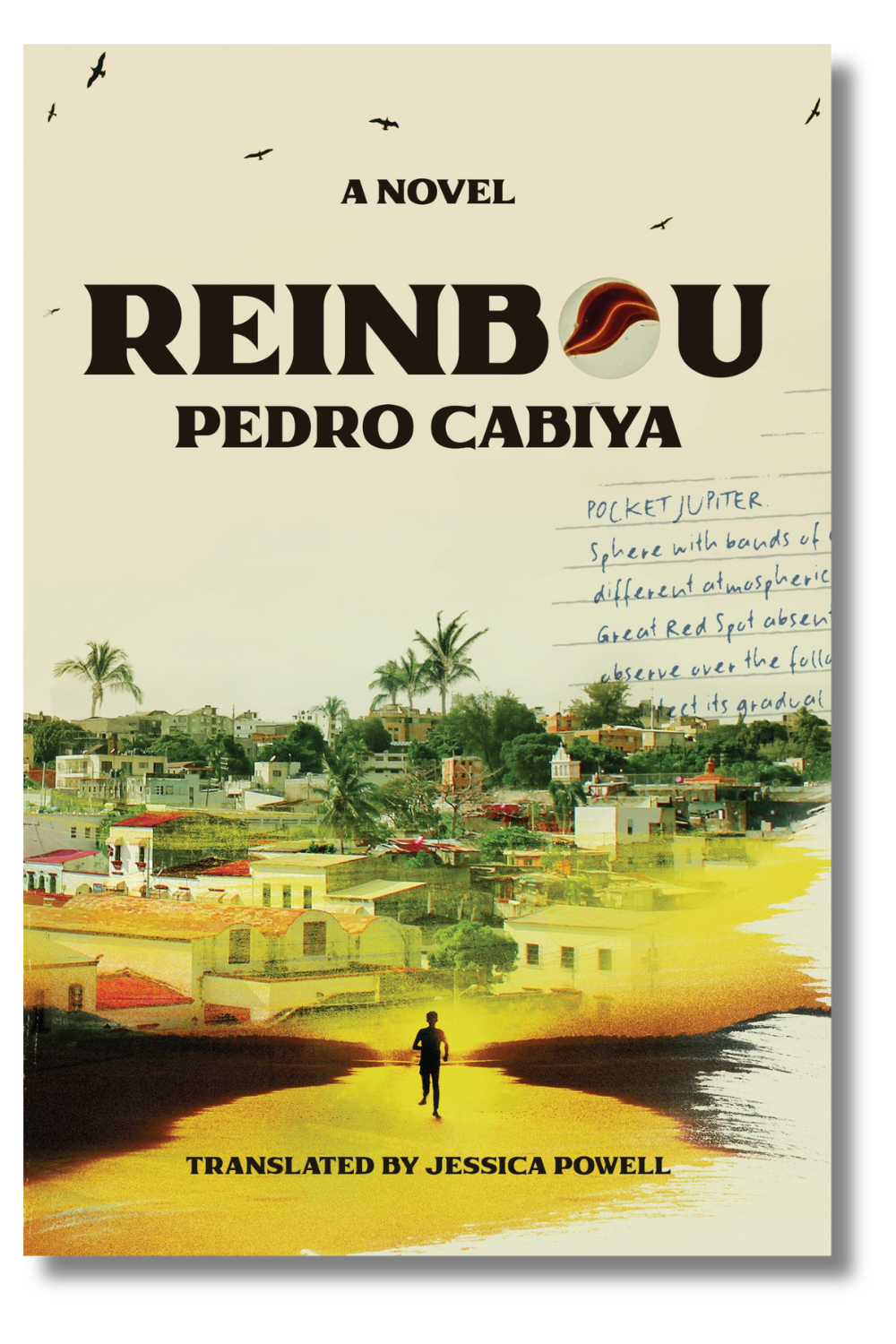From Deep Vellum | The Understory by Saneh Sangsuk, translated from the Thai by Mui Poopoksakul | Fiction | 196 pages | ISBN 9781646052752 | US$17.95
What the publisher says: “The lovable, yarn-spinning monk Luang Paw Tien, now in his nineties, is the last person in his village to bear witness to the power and plenitude of the jungle before agrarian and then capitalist life took over his community. Nightly, he entertains the children of his village with tales from his younger years: his long pilgrimage to India, his mother’s dreams of a more stable life through agriculture, his proud huntsman father who resisted those dreams, and his love, who led him to pursue those dreams all over again.”
What Kirkus Reviews says: “Sangsuk’s novel, translated from the Thai by Poopoksakul, introduces us to a nonagenarian monk named Luang Paw Tien, who shares fantastical accounts of jungle life in Thailand before his village’s transition to large-scale farming and urban development. . . . A charming, engrossing, profound exploration of the transformative power of stories.”
What I say: There’s a lot to savor in Saneh Sangsuk’s The Understory, including long sentences that encompass both legends and the rise and fall of those same stories, as well as an engaging and ever-shifting exploration of the connection and conflict between man and nature. This novel hums with an organic vibrancy even as its nestled narratives herald both nature at its most menacing and a powerful sense of generational loss.
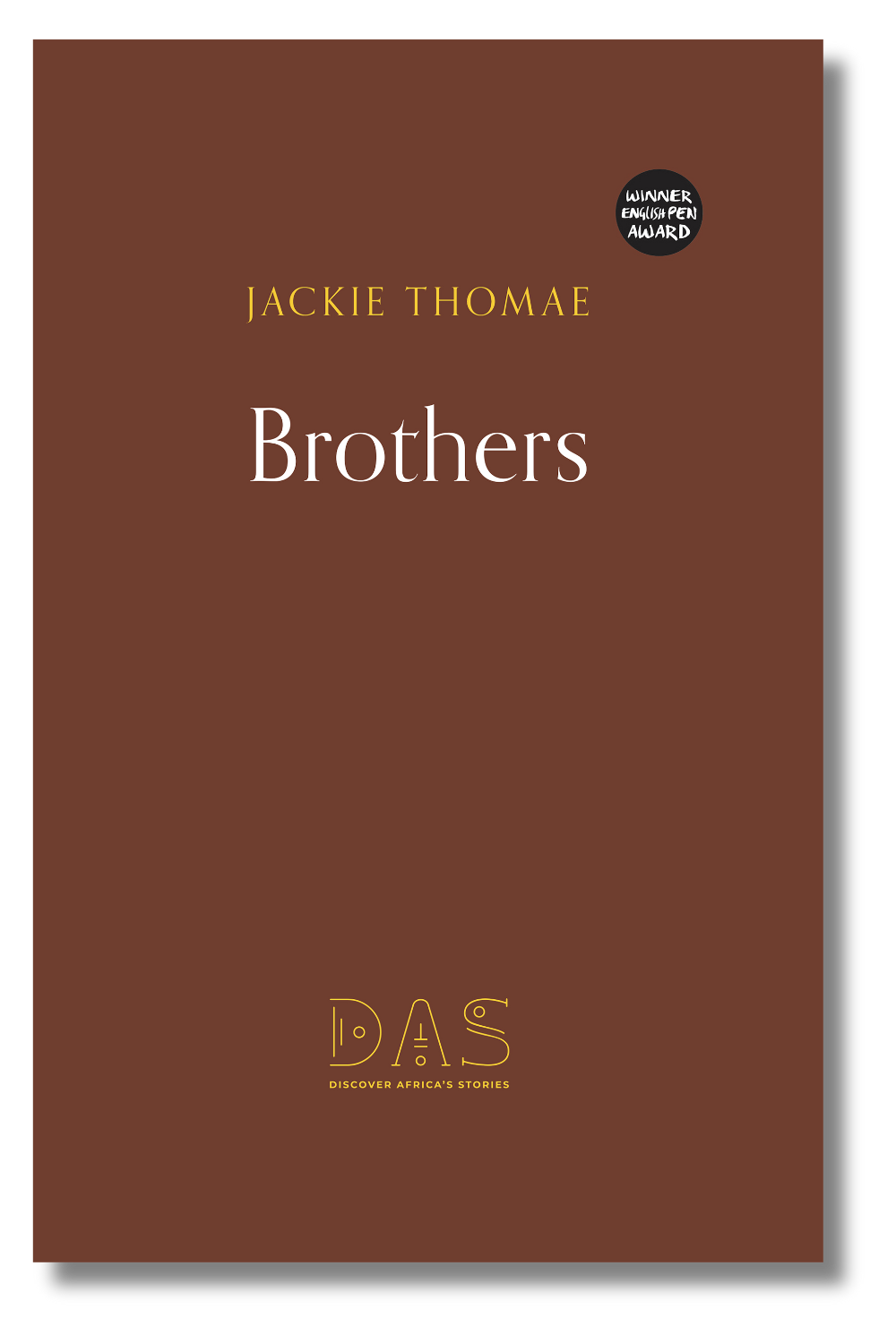
From DAS Editions | Brothers by Jackie Thomae, translated from the German by Ruth Ahmedzai Kemp | Fiction | 512 pages | ISBN 9781838221584 | UK£18.99
What the publisher says: “Brothers is a novel about family and masculinity, and the question of whether we shape our own destiny – or whether our background and character inevitably shape us. . . . [W]e meet two German half-brothers navigating their manhood, reluctant to centralize the color of their skin as a way of defining how they see themselves and the decisions they make.”
What I say: In telling the stories of two half-brothers in the late twentieth and early twenty-first centuries, Jackie Thomae covers a host of big themes—including, but not limited to, race, family, the legacy of the Cold War, and the fluctuating nature of national identity. Brothers also immerses readers in its central characters’ lives, often to powerful effect. Here’s one of its protagonists, Gabriel, musing on race and identity: “As a child, people often told me I had a beautiful skin color, by which they meant that at least I wasn’t completely Black. Sometimes they even said that.”
From MIT Press/Radium Age | The Inhumans and Other Stories, edited by Bodhisattva Chattopadhyay, translated from the Bengali by Bodhisattva Chattopadhyay | Fiction | 188 pages | ISBN 9780262547611 | US$19.99
What the publisher says: “Kalpavigyan—science fiction written to excite Bengali speakers about science, as well as to persuade them to evolve beyond the limitations of religion, caste, and class—became popular in the early years of the twentieth century. Translated into English for the first time, in this collection you’ll discover The Inhumans (1935), Hemendrakumar Roy’s satirical novella about a lost race of Bengali supermen in Uganda.”
What Rachel Cordasco at Speculative Fiction in Translation says: “. . . Anglophone readers now have access to some fascinating stories from Bengali writers of the 1930s (and even one from 1895). Explaining in his introduction that all of these stories grapple with colonial realities and tropes that were being developed in the Anglophone world (including the popular Lost World trope), Chattopadhyay introduces us to writers who found their places in the Bangla popular literature of the early twentieth century.”
What I say: The latest entry in the Radium Age imprint of early twentieth-century science fiction is a fine cross-section of Bengali speculative fiction, edited and translated by Bodhisattva Chattopadhyay. The title novella is the most substantial work here, but the range of styles represented are compelling, both in the stories that they tell and in the way the authors represented in these pages blend the futuristic with unexpected dramatic elements.
From Fonograf Editions | A Whale Is a Country by Isabel Zapata, translated from the Spanish by Robin Myers | Poetry | 136 pages | ISBN 9798987589007 | US$12.95
What the publisher says: “Zapata’s poems often delight, then unsettle; again and again, she peels back the layers of what human beings take for granted about our experiences, surroundings, and relationships with both. In the end, they urge us into a state of witness bound up with humility, outrage, devotion, and care.”
What translator Robin Myers says: “As I translate her poems, including this one, I find myself thinking a lot about what distinguishes her work across genres. ‘Spermaceti,’ like her essays, feels both methodical and spontaneous. It’s clear and confident in its structure, and yet it’s also loose and understated in a way that feels like overhearing someone speak—maybe to a friend, maybe to herself.”
What I say: Early in the collection, Zapata writes, “I was especially interested in questioning our bonds with animals and the beliefs that uphold them, so as to build bridges of empathy in a way that only literature can do.” The use of poetic forms to address issues of science and the natural world feels both classical and contemporary — although some of the lines take on an even greater significance. Consider this line from “Ode to the Miniscule”: “The miniscule always resists.”
From Black Cat | The Possessed by Witold Gombrowicz, translated from the Polish by Antonia Lloyd-Jones | Fiction | 416 pages | ISBN 9780802162526 | US$16.00
What the publisher says: “Witold Gombrowicz is considered by many to be Poland’s greatest modernist, and in The Possessed, he demonstrates his playful brilliance and astonishing range by using the familiar tropes of the Gothic novel to produce a darkly funny and lively subversion of the form.”
What Gertrude Gibbons at Review31 says: “In The Possessed, Gombrowicz explores the power of imagination forced to spiral out of control as a result of powerful emotions—doubt, fear and love. Within the novel, the characters do not know what is real or a dream, true or imaginary. Doubt here succeeds as a narrative device in that it does not obscure information and make for a confusing plot, but instead carries the reader along with the doubting and uncertain characters.”
What I say: It’s intriguing to read this relatively early work by Witold Gombrowicz, originally published under a pseudonym and only—as Adam Thirlwell reveals in his introduction—acknowledged by its author late in his career. This novel abounds with surreal juxtapositions: personalities blurring into one another, high-stakes games of tennis, mysterious castles, and a character whose name changes mid-novel, among others. It’s probably not the best place to start with Gombrowicz’s work, but its energy and irreverence are contagious.
From Astra Publishing House | Reinbou by Pedro Cabiya, translated from the Spanish by Jessica Powell | Fiction | 224 pages | ISBN 9781662602511 | US$26.00
What the publisher says: “Weaving together the brutal realities of war with the innocence of childhood imagination, Reinbou explores this era in Dominican society, a time when the US sent Marines into the country to back a coup against Juan Bosch, the first democratically elected president of the Dominican Republic since the end of the brutal, three-decade-long dictatorship of the genocidal Rafael Trujillo.”
What Publishers Weekly says: “The dense and exciting latest from Cabiya (Wicked Weeds) delves into the Dominican Republic’s 1965 civil war and its aftermath. . . . Cabiya evokes the Dominican Republic’s heat and passion with frank and poetic prose and the excitement of a spy thriller. This is teeming with life.”
What I say: Reinbou is a short novel, but it brings together a number of threads in its pages. Those threads include everything from a child seeking out the truth of his origins to a blistering exploration of US foreign policy in the second half of the twentieth century. The use of parallel timeframes throughout much of the novel also helps illustrate the close relationship between past and present for Reinbou’s characters, and the way that the two can bleed together—sometimes literally.
Looking for more reading suggestions? Check out Tobias Carroll’s recommendations from last month.
Disclosure: Words Without Borders is an affiliate of Bookshop.org and will earn a commission if you use the links above to make a purchase.
Copyright © 2024 by Tobias Carroll. All rights reserved.









